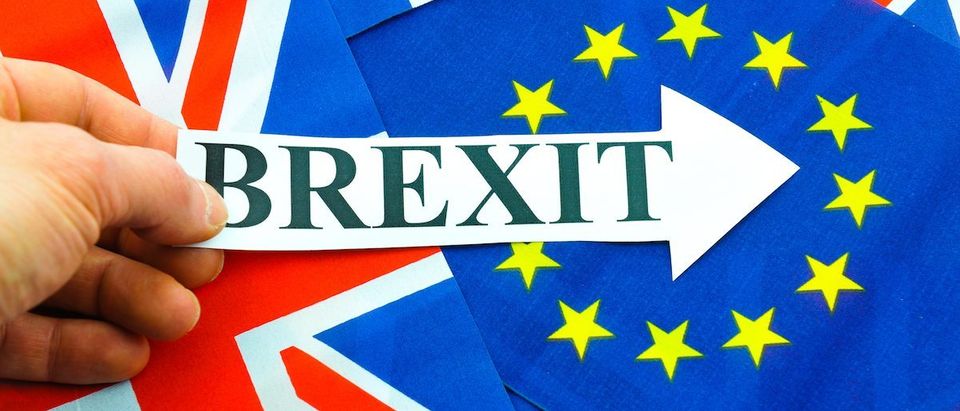Though they eventually recovered much of their lost ground, financial markets roiled in the wake of the Brexit vote, with European indices down double digits and the British pound at 30-year lows. Yet, many Brexit opponents are drawing the wrong economic lessons. Far from confirming their warnings, the response exposes a fragile and poorly governed financial status quo.
In terms of standard models of trade, the impact on Great Britain of leaving the EU is something like a perpetual 2 percent shortfall in real income for the British people — that estimate is from Paul Krugman, Nobel laureate in trade theory and an opponent of Brexit. Although the UK economy ranks in the top-10 of the world, its output accounts for less than one-twentieth of the global economy.
To be sure, we would also want to factor in the loss of real income for the other EU countries due to higher trade barriers, but clearly the direct impacts from the Brexit vote are small potatoes for the planet. Hindered trade between the UK and remaining EU nations should hardly trigger a global recession, even though many critics of Brexit confidently predict such an outcome.
Complaints about Brexit are even shakier, however, because the only reason even the modest impacts from trade restrictions will happen is if the EU punishes the UK for its vote. After all, Switzerland and the United States aren’t in the EU, and nobody ever argued that this independent status threatened a global recession.
Indeed, if the alleged benefit of staying in the EU is access to free trade with the member countries, then that proves the EU is itself a restrictionist organization hindering global trade flows. The classical case for free trade is a unilateral one. If Country X imposes high tariffs on goods from Country Y, then that makes the people in Country Y poorer. But Country Y’s government only makes its own people poorer still if it retaliates with its own trade barriers against goods from Country X.
It is amazing to behold progressives, alleged proponents of democracy and equality, argue that the British should never have been allowed to vote on this issue, and that it would be perfectly appropriate for EU businesses to discriminate against British consumers because of their national origin. Nobody construed it as a blow against global peace and harmony when African nations severed political ties with European governments.
There is a disturbing tendency in our political discourse to attribute actions between governments as equivalent to actions between individuals. Thus, if the British people vote to dissolve political ties to the EU, that is trumpeted as an invitation to World War III. But society is not the State, and many proponents of Brexit argued that smaller political entities are what foster peace.
Although I have argued that there is nothing in the “fundamentals” of Brexit that would make the world poorer, nonetheless Brexit could trigger a global financial crisis simply because of the fragility of our banking system. In the wake of the 2008 crisis, the Federal Reserve, European Central Bank, Bank of England, and Bank of Japan implemented extraordinary policies that have placed the global economy in a precarious position. Indeed, equity markets have been in a central-bank-induced bubble for years, and could pop after even an innocuous shock. This is not an argument against Brexit but makes the case against building a financial network on such a shaky foundation.
There is no reason for the EU to impose retaliatory trade barriers in the wake of Brexit.
Such measures would make both the British and the remaining Europeans poorer. Dissolving political ties is not isolationism; the U.S. certainly engaged in global commerce after its own Brexit. And if the ultimate argument against Brexit is that the major banks can’t handle it, that’s an indictment of their lending practices, not the British voters.
Robert P. Murphy is a Research Fellow with the Independent Institute and a Research Assistant Professor with the Free Market Institute at Texas Tech University. He is the author of Choice: Cooperation, Enterprise, and Human Action.












